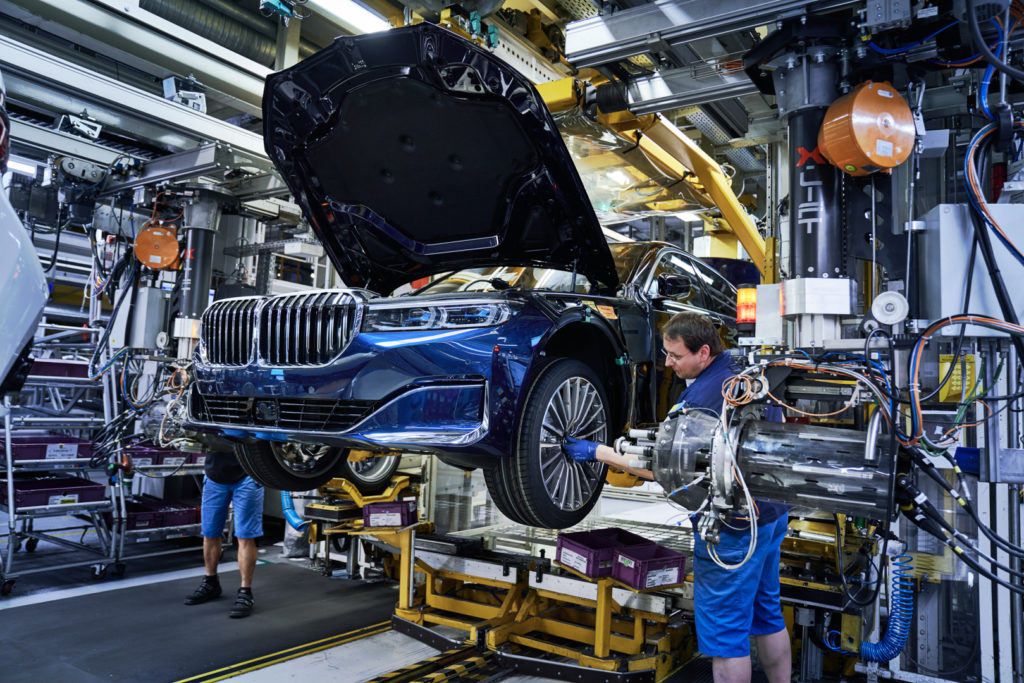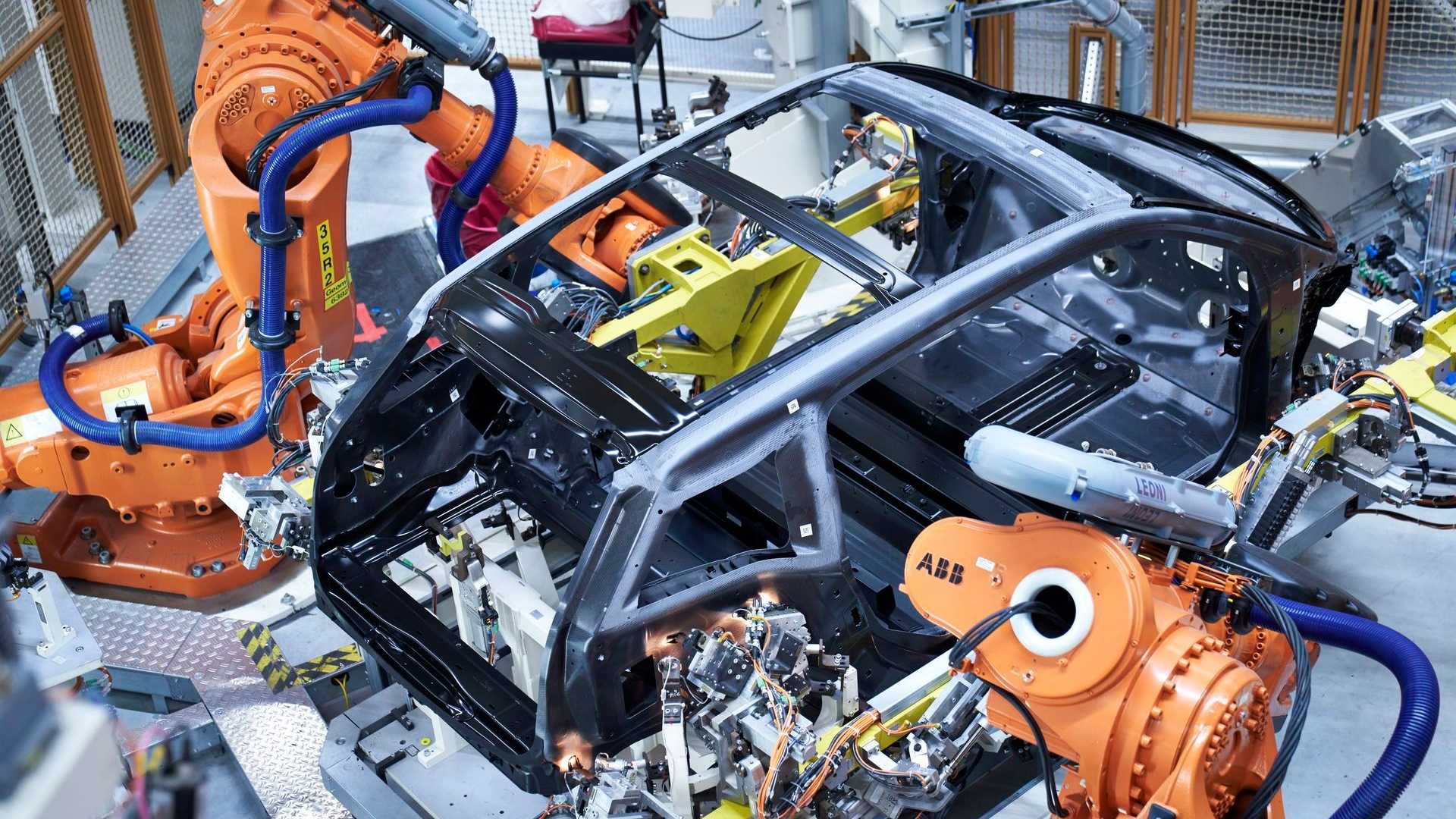In the year 2022, BMW plans to manufacture several 100% electric models in its four German plants. Like its compatriot Volkswagen, it will turn its native country into one of its main production centers for electric cars. To date, the only BMW location in Germany that assembles a vehicle of this type is Leipzig, from whose lines the i3 has been produced since 2013.
In 2021 the Munich plant will join, which will be in charge of manufacturing the i4, the electric version of the 4 Series Gran Coupé. This model will be of great importance for the Bavarian firm, as it will rival the successful Tesla Model 3, the world’s best-selling electric car. These facilities will also be responsible for producing electric powertrains.

In 2021, production of the iX electric SUV will begin in Dingolfing, a plant that will also manufacture battery modules, complete packs, and powertrains. In 2022 it will be Regensburg’s turn, which will receive an electric model yet to be specified, although everything indicates that the chosen one will be the iX1, derived from the successful X1 compact SUV.
BMW’s goal is to maintain its German plants’ productivity during the transition to electric mobility, thereby safeguarding employment in its native country. “At the same time, the company is working on structural efficiency improvements and more optimized production, and therefore plans to save several hundred million by the middle of the decade.”
BMW plans to produce more than seven million plug-in vehicles by 2030, of which around two-thirds will be pure electric cars. The historic company has sold more than 600,000 plug-in cars, both 100% electric and plug-in hybrids.
In addition to the i4 above, iX and iX1, BMW has also confirmed other electric models that will be launched in the short term: in addition to the iX3, currently produced in China for the whole world, the firm will soon launch two electric versions of the 5 Series and Series 7, which will receive the trade name i5 and i7.

